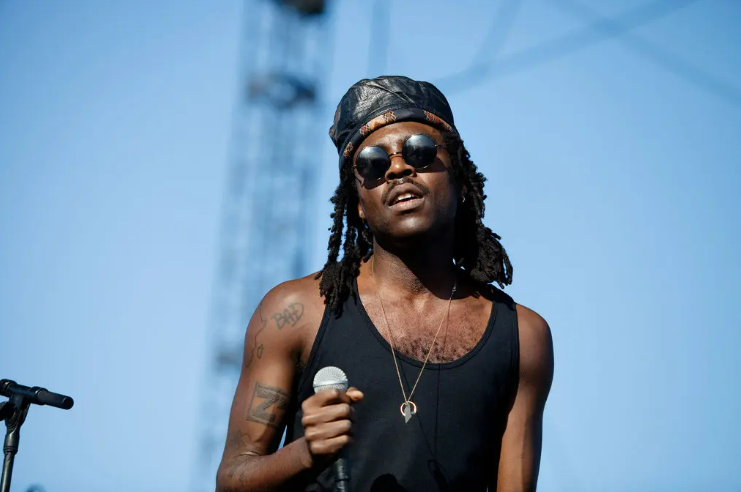Lily Barnett, age 16

信用。。。艾米丽·贝尔为《纽约时报》撰稿
As minority groups feel increasingly insecure, there’s been a trend for artists to churn out superficial albums that receive praise for their sheer mention of race, gender or sexuality. Real representation of insecurity ought to be messy, just as is the subject itself. Dev Hynes’s third album, under the alias Blood Orange, perfectly encapsulates this dilemma through his politically-charged lyrics and beats reminiscent of the ‘80’s. Titled “Freetown Sound,” Hynes pours his thoughts into the project, making for a raw and hypnotic depiction of identity.
Fans of Hynes will see similarities to previous projects in his powerfully-subdued lyrics, but “Freetown Sound” creates a listening experience far different from the alt-pop boppy anthems of prior albums like “Coastal Grooves.” In Freetown, tracks are broken up through conceptual interludes, like the messy and atmospheric album opener “By Ourselves”. The track features no clear hook and a layer of vocals that creates a state of confusion, setting the perfect tone for the tracks to come. Before ending, the last sentiment of a sample of black slam-poet Ashlee Haze’s “For Colored Girls (The Missy Elliott Poem)” echoes “there are a million black girls waiting to see someone who looks like them” as the statement trails off in free-jazz, clearly leaving the listener who’d come for Hynes’ classic ‘80’s dance beats somewhat confused. However, this album is not just for the abstract-minded listener; one can certainly look to the track “Best to You” for the same blast-with-the-windows-down sensation that might have drawn them to Blood Orange in the first place. And even so, the politicization of the tracks is not so far-fetched to no longer be enjoyable; the track “Desirée,” despite being adorned with samples from queer-minority cult documentary “Paris is Burning,” still manages to flow beautifully in a more conventional sense.
Not only is the album compositionally vital, it really does sound good; it arguably features Blood Orange’s best vocals yet, with his range on full display in “EVP.” In this and other tracks, the heart-thumping rhythm of the gated reverb creates an air of ‘80’s nostalgia. And yet these appealing rhythms have a purpose, as their inspiration draws on a decade filled with immense identification struggle in the midst of political and social turmoil, honing in on Hynes’s own story. Of the problems he addresses — those based on his experiences as a queer black male — none are given clear-cut solutions. There is no one specific question posed by Hynes on these 17 tracks; to most genuinely represent these issues, Hynes proves that there can’t be, given all of their complexity, confusion and frustration.